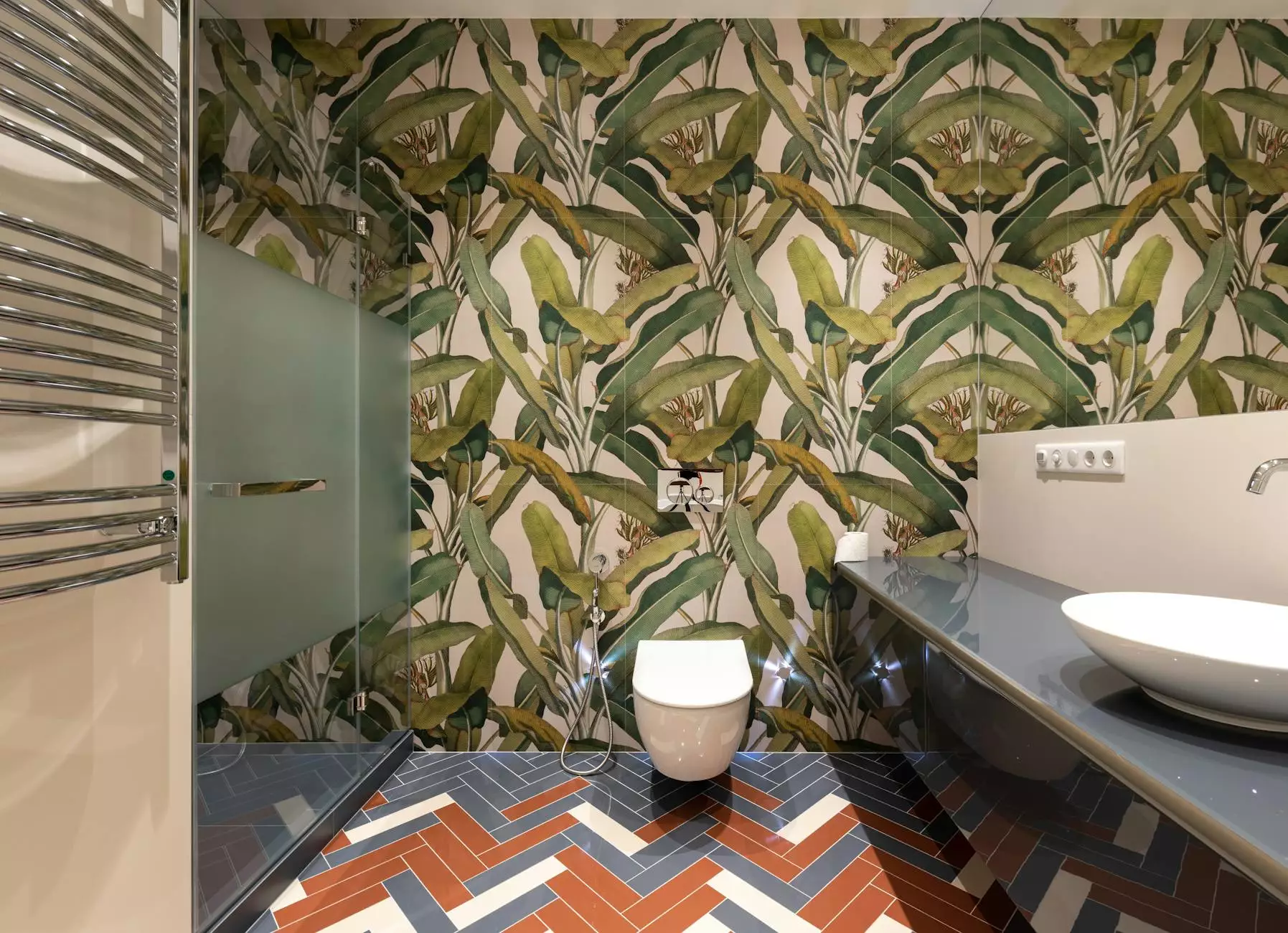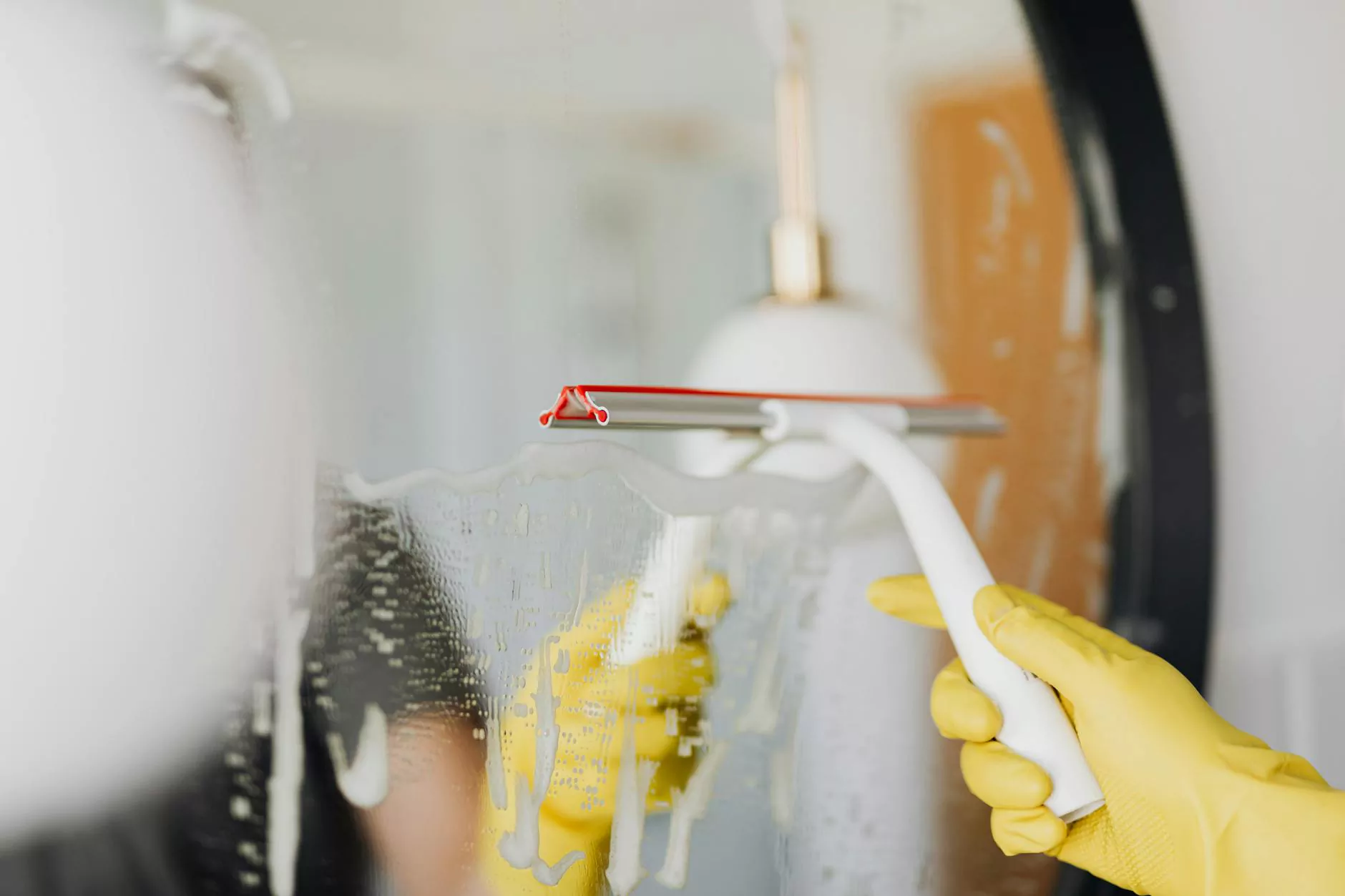Ultimate Guide to Pool Tile Renovation for Enhanced Aesthetics and Value

When it comes to maintaining a beautiful and functional swimming pool, pool tile renovation plays a crucial role. Over time, pool tiles can become damaged, faded, or outdated, which can detract from the overall appearance and enjoyment of your pool. This comprehensive guide will explore the importance of pool tile renovation, the materials and techniques available, and why you should consider it for your swimming pool.
Why Consider Pool Tile Renovation?
Pool tiles are not just there for aesthetic purposes. They serve several important functions:
- Durability: The right tiles can withstand the elements, making them a long-lasting choice for your pool.
- Sustainability: A well-implemented tile renovation can improve the energy efficiency of your pool.
- Safety: Textured tiles can provide better grip, reducing the risk of slips and falls.
- Value Enhancement: A freshly renovated pool can significantly increase your property's value.
Assessing Your Pool’s Tile Condition
Before embarking on a pool tile renovation, it’s essential to assess the current condition of your pool tiles. Look for:
- Cracks and Chips: Damaged tiles can harbor algae and bacteria.
- Discoloration: Fading tiles could indicate wear and may impact your pool’s appearance.
- Loose Tiles: Tiles that are not securely adhered can lead to further damage if not addressed.
Types of Pool Tiles for Renovation
Choosing the right type of tile can make a significant difference in both aesthetics and performance. Here are some popular options:
1. Ceramic Tiles
One of the most commonly used materials, ceramic tiles are durable and available in a wide range of colors and patterns. They are resistant to fading and can withstand harsh chemicals.
2. Glass Tiles
Glass tiles give a modern and luxurious feel to pools. Their reflective surface contributes to beautiful water colors and light play, making them a favorite for high-end renovations.
3. Natural Stone Tiles
Natural stone tiles, such as granite and slate, offer an organic look and a unique texture. They are durable but may require more maintenance compared to ceramic or glass.
4. Vinyl Tiles
Vinyl tiles are a budget-friendly option available in various designs, however, they cannot match the longevity and elegance of stone or glass tiles.
Benefits of Pool Tile Renovation
Renovating your pool tiles can offer numerous benefits:
- Enhanced Aesthetic Appeal: New tiles can transform a tired-looking pool into a stunning focal point in your yard.
- Increased Safety: New tiles can have enhanced anti-slip textures, ensuring a safer swimming environment.
- Improved Hydrodynamics: Well-placed tiles can promote better water flow, reducing wear on your pool’s filter system.
- Higher Property Value: An upgraded pool can significantly add to the value of your property, making it an attractive selling point.
Steps to a Successful Pool Tile Renovation
To ensure a smooth renovation process, follow these critical steps:
1. Plan Your Renovation
Determine what kind of tiles you want and what your budget is. Research different styles and find a reputable contractor to assist you if necessary.
2. Prepare Your Pool
Before tile installation, drain the pool and clean the existing surface. Remove any loose or damaged tiles and make necessary repairs.
3. Selecting Materials
Choose your tiles carefully based on aesthetic preferences and functionality. Consider factors such as texture, color, and maintenance.
4. Installation Process
Hiring a professional for the installation is often the best choice. They will ensure that the tiles are laid correctly, using the right adhesives and techniques.
5. Grouting and Sealing
Once the tiles are installed, grouting is crucial. Properly sealing the grout will help prevent damage from chemicals and water.
6. Refill and Enjoy
After installation and grouting, refill your pool and allow the renovation to set before diving in. You will be amazed at the transformation!
Maintaining Your Renovated Pool Tiles
To ensure the longevity of your newly renovated pool tiles, regular maintenance is key. Here are some tips:
- Regular Cleaning: Use a soft brush and a pool-safe cleaner to maintain tile cleanliness.
- Inspect for Damage: Periodically check for cracks or loose tiles and address them promptly.
- Monitor Water Chemistry: Proper water balance helps protect tiles from fading and deterioration.
- Seal Grout Lines: Every couple of years, check the grout lines and reseal as necessary to prevent moisture damage.
Why Choose PoolRenovation.com for Your Pool Tile Renovation?
At PoolRenovation.com, we specialize in pool tile renovation and understand the nuances involved in making your swimming pool a centerpiece of your outdoor space. Here’s why you should choose us:
- Expertise: Our experienced professionals have the knowledge and skills needed to handle any tile renovation project.
- Quality Materials: We use only the best materials, ensuring your pool looks stunning and lasts for years.
- Custom Solutions: We tailor our services to meet your specific needs, providing personalized consultations to make your vision a reality.
- Excellent Customer Service: Our commitment to customer satisfaction sets us apart; we are here to ensure your renovation process is smooth and enjoyable.
Conclusion
Pool tile renovation not only enhances your pool's visual appeal but also improves its durability and functionality. By choosing the right materials and following a comprehensive renovation plan, you can breathe new life into your swimming pool, making it a more enjoyable place for family and friends. So, start planning your renovation today—and turn your pool into the oasis of your dreams!









